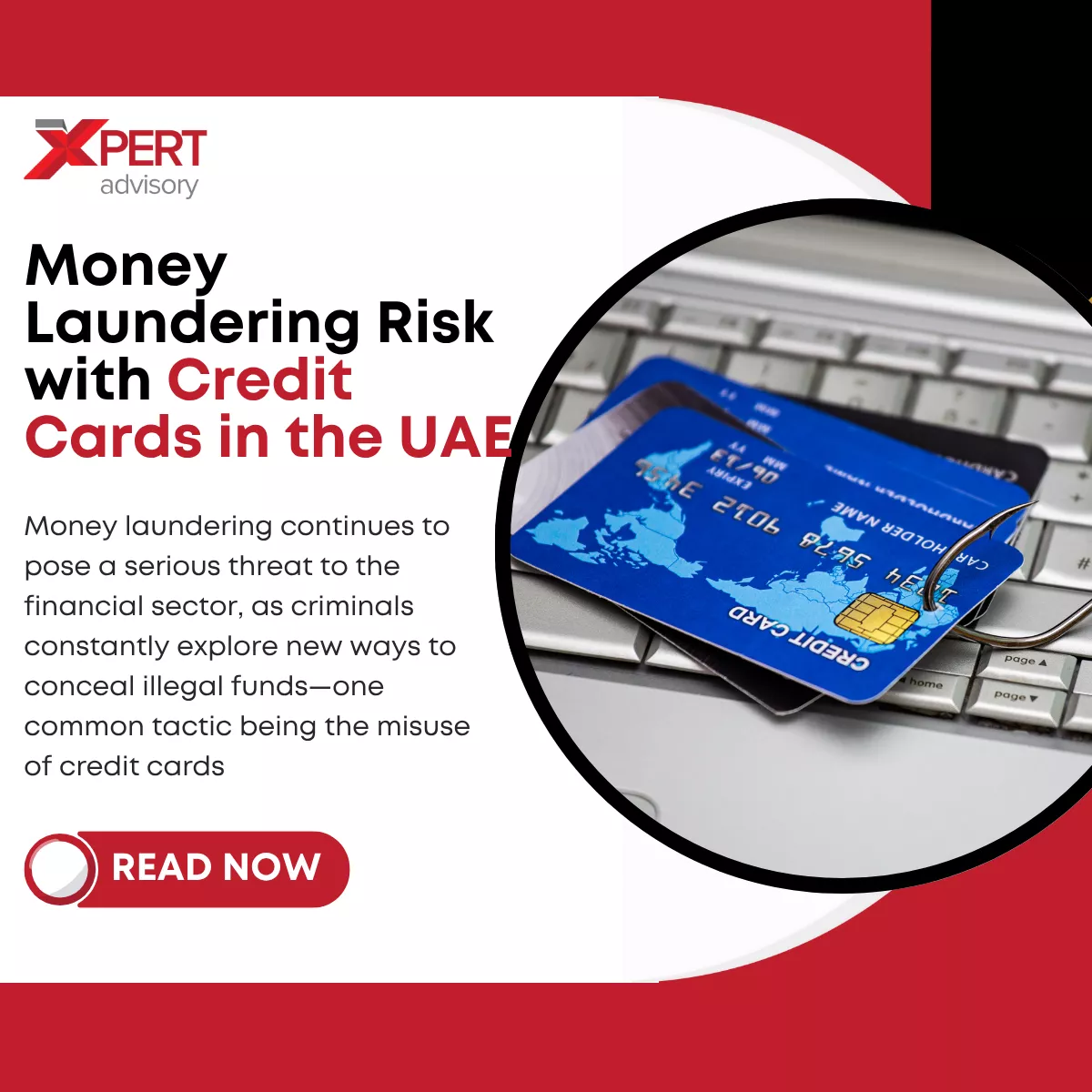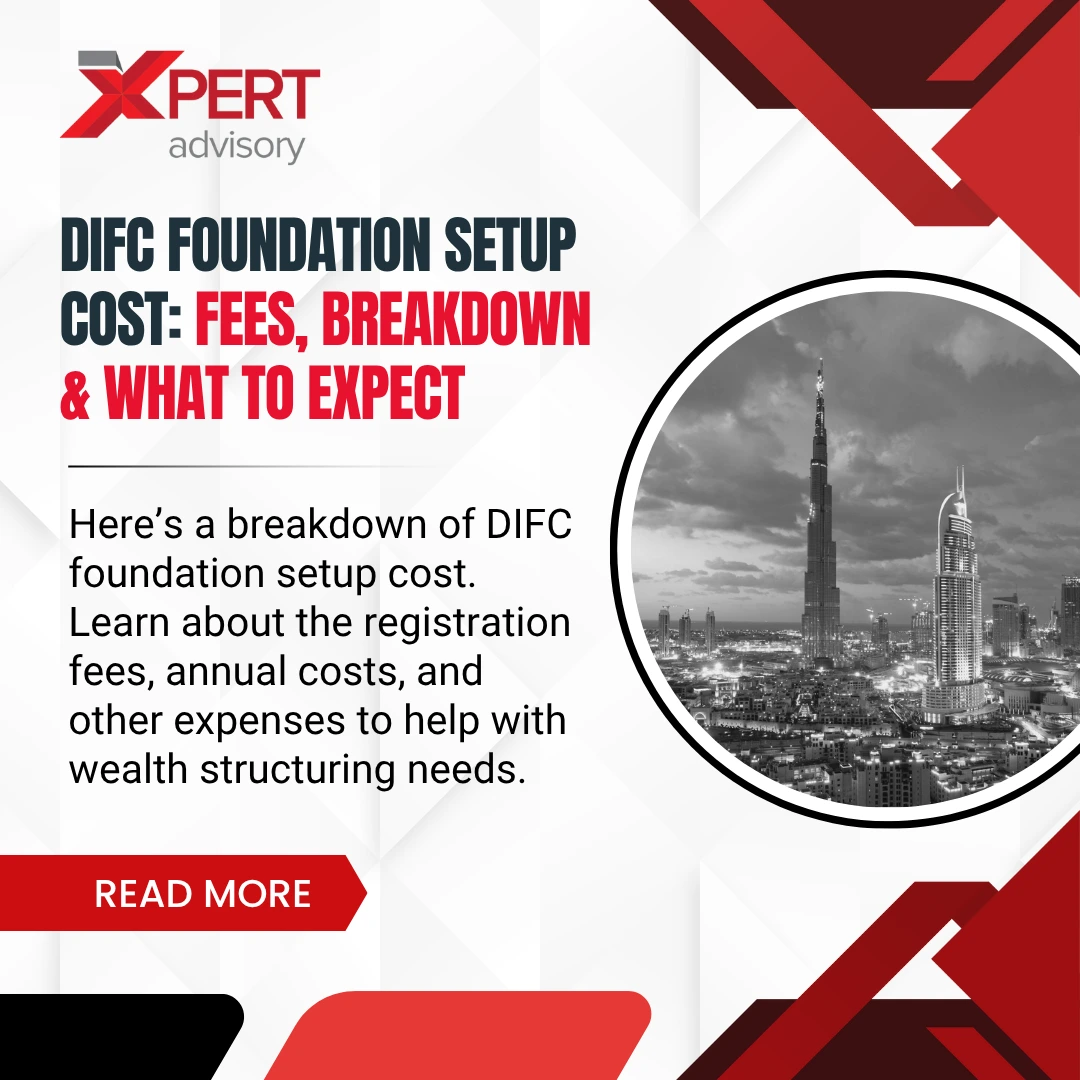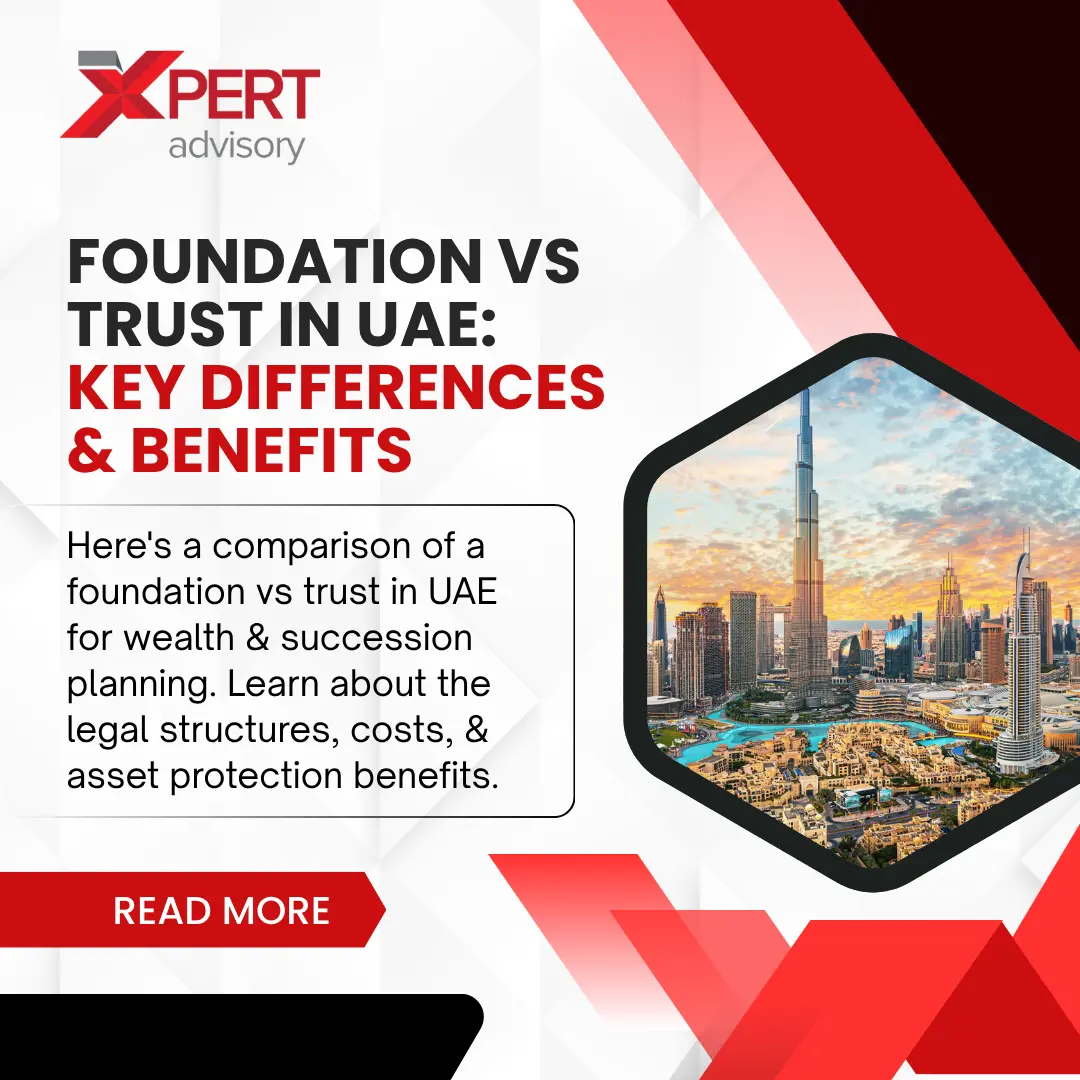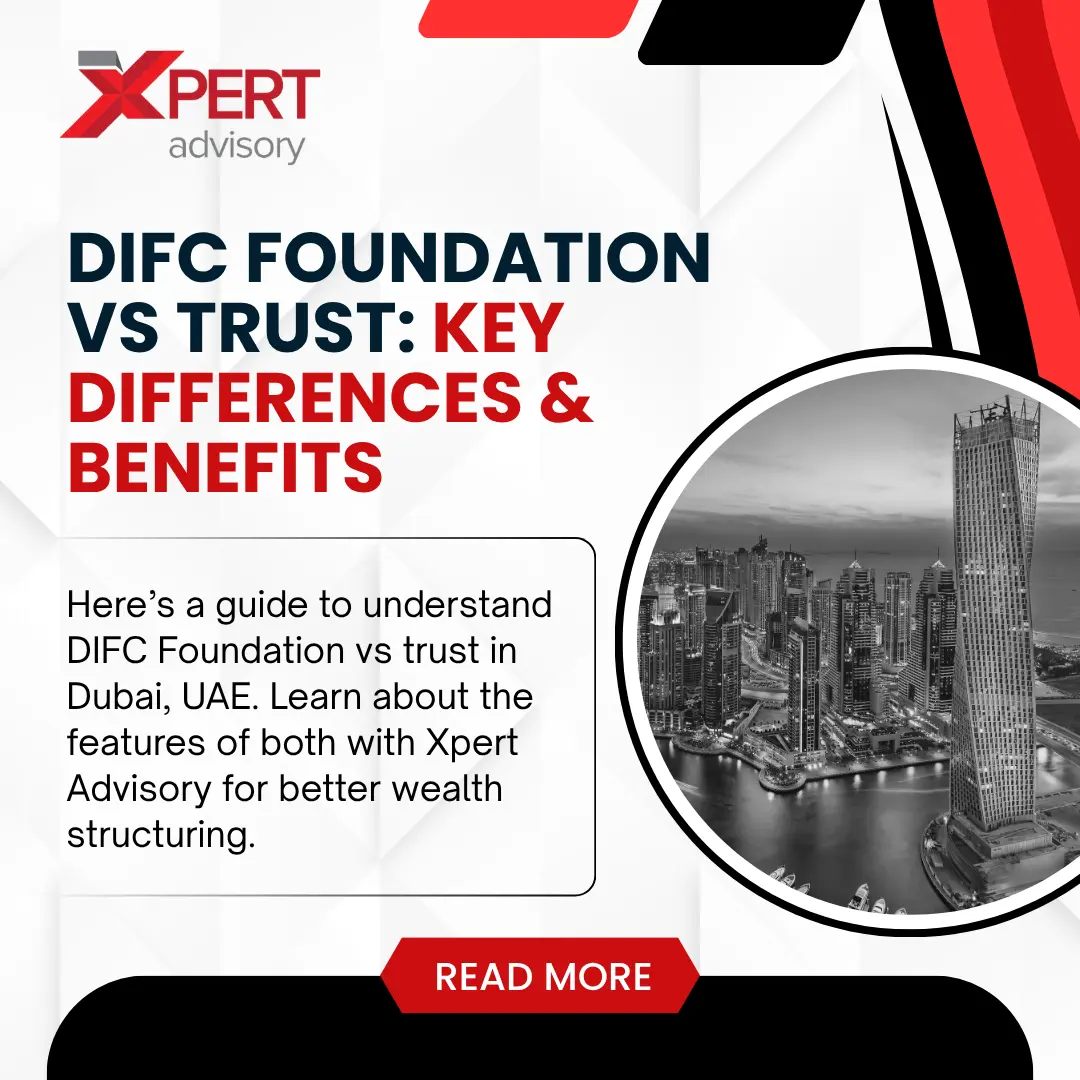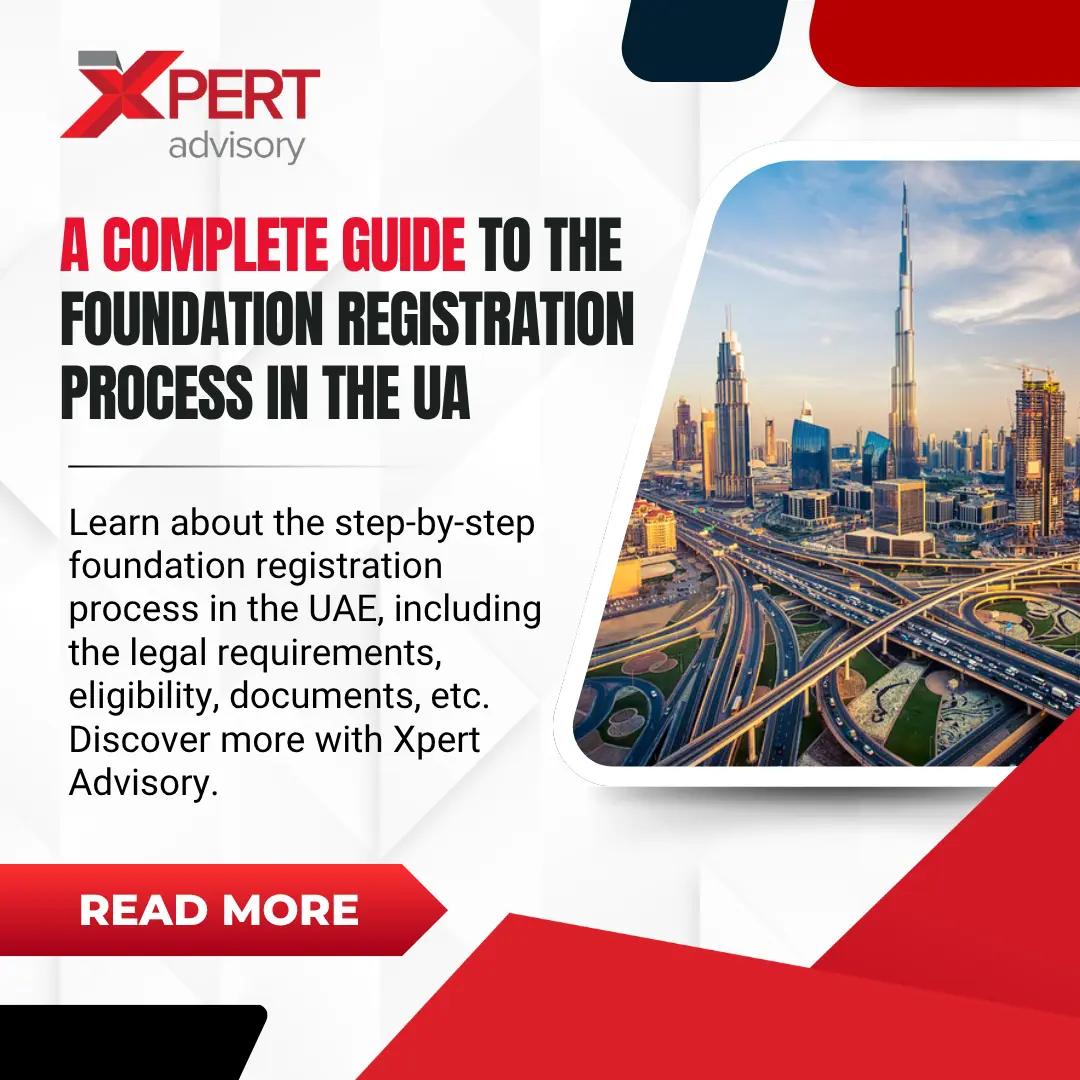Money laundering remains a major challenge in the financial sector, with criminals constantly seeking new methods to disguise illicit funds. One such method is the misuse of credit cards. While credit cards provide convenient and safe cash withdrawal, leaving a space for money launderers for illegal usage without getting noticed. This blog explores the money laundering risks with credit cards, common methods used, and practical steps to prevent it.
Money Laundering Through Credit Cards
Money laundering is the process of concealing the origins of illegally obtained funds to make them appear legitimate. In the UAE, the misuse of credit cards has become a growing concern. Criminals employ financial technologies to transfer criminal funds through fraudulent transactions, taking advantage of their usefulness and concealment. The UAE’s reputation as a global financial centre renders it vulnerable to money laundering schemes that attract money launderers from both within and outside its borders.
The UAE government takes strict procedures to prevent credit card-based money laundering. Payment service providers operating in the UAE must follow Central Bank regulations governing anti-money laundering (AML) and combatting the financing of terrorism. All financial institutions must closely monitor transactions, report potential unlawful transactions, and tighten customer identity verification programs. Additionally, Federal Decree-Law No. (20) of 2018 imposes severe penalties, including hefty fines and imprisonment, for money laundering offenses.
How Money Laundering with Credit Cards Works?
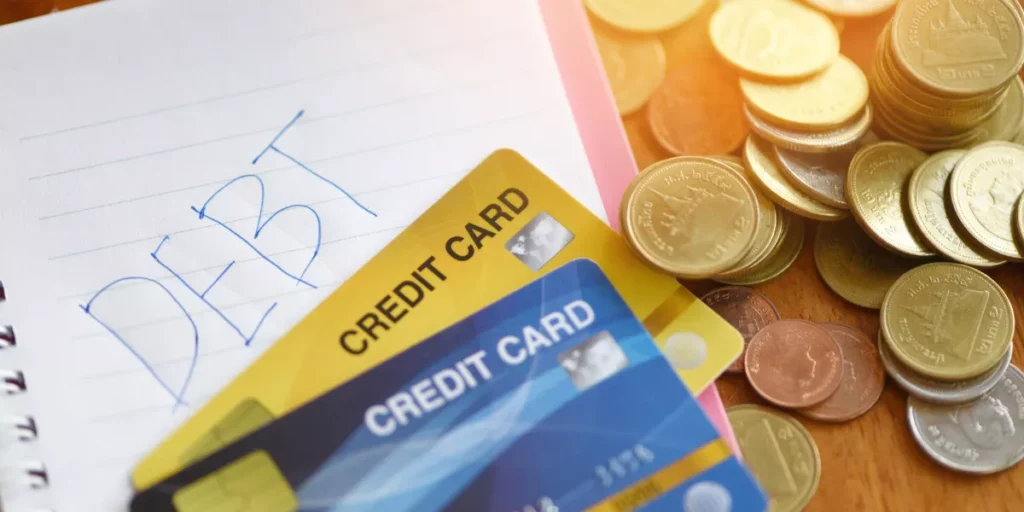
Crime films often present money laundering as a mysterious and obscure process, but in reality, it is a highly intricate and advanced procedure. Here are the credit card-related money laundering techniques that account for the majority of what is commonly observed in practice.
Overcharging
Merchants cooperate with customers by raising prices above genuine value to carry out this transaction method. Unlawful transactions are done by transferring their value into a credit card account which later gets refunded by cash payments or alternative secret methods. The business serves as a legitimate process for money laundering which protects the funds from disclosure about their actual origin.
Structuring Through Small Transactions
Illicit money is transported through numerous small transactions by criminals who seek to evade detection. Each legally restricted banking transaction conducted maintains below-reportable amounts to prevent authorities from inspecting their financial activities. Smurfing is an industry term that describes how large funds become untraceable when divided into several smaller transactions.
Fabricated Credit Card Transactions
A collaborator merchant works with illicit fund transporters to authorize sham commercial deals that allow funds’ distribution into untainted money. The payment process of a credit card transaction generates false revenue when no actual goods or services receive exchange. The merchant then conducts withdrawal or transfer operations on the fraudulent earnings allowing the launderer to obtain uncontaminated funds.
Credit Card Factoring
Criminals use legal business operations to forward scheme transactions before they gain approval by providing false legitimacy to illegitimate funds. This process allows unauthorized parties to make payments as the business hides their original financial source. Establishments face substantial danger due to this tactic which violates financial rules and produces severe legal penalties.
Prepaid Credit Card Exploitation
Focused on moving money illegally, prepaid credit cards provide anonymity. They function as laundering instruments because they have purchasable features along with cash reload capabilities. Current financial rules allow offenders to add money from illegal activities into financial circles through their prepaid card transactions without extensive scrutiny.
Online Gambling & Digital Transactions
Internet gamblers choose to fund their accounts with credit cards and gamers select credit cards or buy video game digital assets. Criminals transform digital items into money by selling virtual assets or exchanging them for bills to make it seem as though their profits come from legal operations. Digital transactions combined with international gaming platforms preserve anonymity which makes tracing this method virtually impossible.
Credit Card Cash Advances & Loan Cycling
Individuals use credit card cash advances while following a pattern of loan cycling. Money launderers abuse cash advances from credit cards to pay off cashed-out funds through different credit accounts and loans. The repeated repayment process hides which account originally received funds. Criminals gain permission to transfer large amounts of funds undetected through the payment terms despite high costs and interest rates.
How Credit Card Laundering Occurs?
Using illegal revenue through credit card transactions constitutes credit card laundering operations. Common methods include:
Card Cracking
Illegal expenses through stolen credit card or hacked account data are known as card cracking which leads to unauthorized transactions. Website phishers and cyberattack victims together with electronic skimmers get access to stolen credit card data.
After they acquire access to the funds they immediately move the money between different accounts by using crypto exchanges. The process of fraud detection happens after multiple transfers have occurred and the stolen funds become nearly impossible to retrieve.
Layering
Illicit funds blending takes place through a complex system of consecutive intricate transactions to hide their ultimate source. The activity among criminals involves making numerous financial deals through credit cards between various banking institutions and accounts. Several steps such as prepaid cards and offshore accounts and digital wallets cause money to spread out and become harder to track.
Smurfing
Smurfing operates under the name structuring to divide large amounts of illegal money through many small bank transactions. Rather than making one significant transfer criminals deploy numerous people to perform many small-scale credit card transactions as well as withdrawals and deposits.
The transactions use specific arrangements to split the money below reporting requirements thus staying under the radar. Some people use online payment applications along with digital wallets to execute smurfing transactions.
Shell Companies
Illegal businesses set up as shell companies operate to launder money from illicit credit card deals. Thieves use phony transactions which include generating false sales along with fake refunds and bogus service fees to present corrupt money as legal business earnings.
Both online and paper-based operations act as shell companies that neither cater to real customers nor offer genuine products. The laundering schemes often use a combination of shell businesses which conduct mutual transactions that establish an intricate pattern of financial transactions.
Fraudulent Transactions
Financial criminals spend stolen credit card information or manufactured payment details on high-price goods along with services. The illicitly obtained goods include luxury watches together with electronics and jewelry that are resold to generate clean money.
The criminals execute big financial operations that subsequently return the money to additional bank accounts to conceal where the money originally came from.
Risks Associated with Credit Card Money Laundering
Money laundering activities using credit cards generate substantial financial risks which combine with regulatory violations along with security threats. Here are some major money laundering risks with credit cards in the UAE:
Regulatory Non-Compliance
Financial institutions together with banks need to follow all AML regulatory requirements. Inadequate detection and prevention of criminal financial operations subjects banking institutions to severe penalties and legal actions and potential license revocation. Profit institutions in the UAE must fulfill rigorous financial compliance standards or face both reputation degradation and monetary penalties.
Fraudulent Transactions
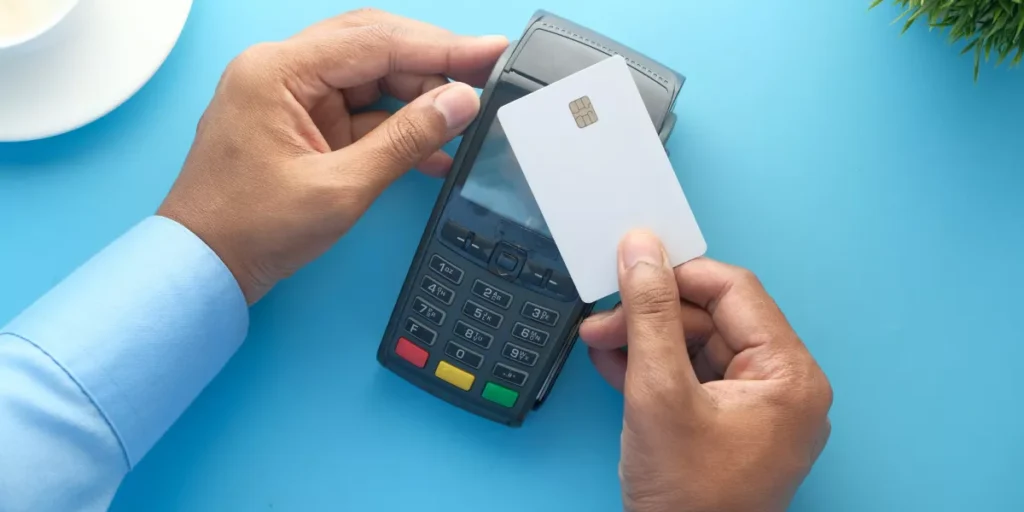
Money laundering frequently includes credit card fraud, which involves making unauthorised transactions using counterfeit or stolen payment information. Both businesses and individuals suffer financial losses as a result of these activities. The payment process involving chargebacks causes suffering to retailers who lose revenue while the affected customers experience monetary damages alongside detrimental effects to their credit scores because of fraudulent transactions.
Terrorist Financing
One of the gravest concerns surrounding money laundering is its potential to fund terrorist and criminal activities. The result of money laundering allows criminals to send funds into organizations which engage in criminal enterprises including drug trafficking, arms dealing and human smuggling operations. Global governmental surveillance has increased significantly to stop abusive financial system usage both inside and outside the UAE borders.
Reputational Damage
Institutional banks involved with money laundering activities risk major damage to their corporate reputation. The trust of customers may disappear which causes business decline and investors together with partners usually end their support. Market position with long-term sustainability of a banking company suffers great damage when its reputation faces negative impacts in UAE’s competitive banking sector.
Red Flags for Credit Card Money Laundering
Organizations need to detect abnormal financial actions because this practice enables effective crime prevention. Some common warning signs include:
Large Cash Advances
The attempt to launder illegal money can be detected through recurrent major cash withdrawals exceeding account limits on minimal credit card balances. Excessive cash withdrawals should trigger concern because they indicate potential suspicious activities although one occasional cash advance remains standard.
Multiple Small Purchases
Criminals accomplish their money laundering scheme by dividing large amounts of money into multiple smaller payments through “structuring.” Clients utilize several small transactions to bypass regulatory and banking detection by maintaining their payments under the mandatory disclosure amount.
High-Risk Merchants
Biggest indicators for money laundering occur when customers make many small payments at places where financial crime risks run high like casinos and pawnshops as well as luxury retail shops. The facilities offer criminals a convenient system to turn their illegal money into valuable assets which ultimately yield clean money through resale.
Lack of Activity
The manner in which a credit card shows high balances alongside little evidence of authorized purchasing actions makes it suitable as a laundering tool. Under such circumstances criminals only occasionally make large purchases through their accounts while using various payment cards to hide financial transactions.
Suspicious Shipping Addresses
Shipping of products to invoices that contain different addresses from charging information can indicate possible fraudulent conduct. To avoid detection criminals generally utilize fake shipping destinations as well as counterfeit residential addresses to finish unlawful payments.
Inconsistent Information
Identity fraud together with money laundering attempts become evident when credit card applications present personal information mismatches or show frequent changes in account details. Financial institutions need to evaluate such inconsistent descriptions carefully during their evaluation procedures.
Ways to Combat Credit Card Money Laundering
Financial institutions, together with regulatory bodies, need to follow these measures to fight against money laundering risks with credit cards:
Know Your Customer (KYC) Policies
Financial institutions begin all new account-opening processes by performing customer identity verification checks. Financial institutions must collect identification documents while verification of proof of income and customer addresses forms part of the KYC procedures. The Central Bank of UAE enforces comprehensive KYC guidelines which serve to prevent account-opening fraud in the country.
Transaction Monitoring
AI-based detection systems with machine learning capabilities help banks discover untypical spending activities. The automated systems identify suspicious transactions through a combination of transaction frequency data and location information and transaction amount parameters.
Enhanced Due Diligence (EDD)
Banks follow enhanced due diligence procedures for high-risk accounts together with their associated transactions. Financial institutions need to examine customer backgrounds along with transaction data and business operations thoroughly for AML regulatory compliance.
Regulatory Compliance & Reporting

Financial institutions together with banks need to follow international monetary laundering laws and submit reports about suspected transactions to governmental regulatory agencies. The Financial Intelligence Unit (FIU) based in the UAE serves as the entity responsible for monitoring money laundering investigations in the country. Financial institutions that fail to report unusual financial behavior will face severe legal consequences.
Customer Education
Preventing money laundering requires banks to train their customers about financial security dangers and proper banking procedures. Financial institutions together with government agencies arrange common awareness initiatives which teach individuals how to spot questionable activities.
Real-Life Cases of Credit Card Laundering
Hushpuppi Cyber Scam (2020)
The police in Dubai arrested Nigerian national, Ramon Olorunwa Abbas known as Hushpuppy together with 11 others for operating a Dh 1.6-billion money laundering and cyber fraud ring during June 2020. Orchestrated by the group was an attack on corporate email accounts to hijack payments from plantable accounts they accessed through stolen credit card data from businesses and people. The authorities recovered essential evidence demonstrating information about 1,926,400 victims.
Unlicensed Credit Facilities in Abu Dhabi (2023)
The Abu Dhabi Criminal Court declared 13 Indian nationals along with seven associated companies guilty of handling unlicensed credit funds through their banking operations in May 2023. Due to operating unlicensed points of sale the defendants laundered funds amounting to 510 million dirhams. Law enforcement sentenced each individual between five to ten years in prison before ordering their deportation while requiring them to pay fines treating the laundered amount of money.
CardSystems Solutions Data Breach (2005)
CardSystems Solutions became a victim of data breach in 2005 which exposed the payment information of 40 million credit card accounts. Payment system vulnerabilities became apparent when hackers compromised customer-sensitive information through their breach leading to potential credit card fraud.
Jeremy Johnson’s Fraudulent Transactions (2016)
Jeremy Johnson, a US internet entrepreneur, received conviction in 2016 for using fake business entities through which he ran his fraudulent credit card scheme. Through his operation Jeremy Johnson circumvented credit card company rules to make illegal charges on consumer credit cards.
Allied Wallet’s Unauthorized Processing (2019)
Allied Wallet became the target of legal prosecution in 2019 for consciously serving as a payment processing service to businesses conducting fraudulent operations. The company processed payments from businesses lacking authorized operations which infringed against anti-money laundering laws.
Conclusion
Credit cards provide great convenience to users but money launderers use these payment tools to execute illegal transactions which requires urgent attention. To address money laundering risk with credit cards, financial institutions must collaborate with regulators and consumers to implement stronger security measures, tighter AML laws, and new monitoring technologies. With collective vigilance and a proactive approach, the financial sector can better detect and prevent illicit activities, preserving trust and integrity in the system.
Money laundering through credit cards is a growing threat that can undermine your business. Xpert Advisory provides expert AML compliance consultancy services, offering solutions like Real-Time Transaction Monitoring and KYC Due Diligence, which help identify suspicious activities and ensure thorough customer verification, effectively reducing the risk of financial crime. Contact us today to ensure your business stays secure and fully compliant!
FAQs
How Can Money Laundering Occur Through Credit Cards in the UAE?
Money laundering through credit cards in the UAE often involves using multiple cards to move illicit funds, fake transactions, or purchasing high-value goods for resale, all while concealing the origin of the money.
What Steps Are Being Taken to Combat Credit Card-Related Money Laundering in the UAE?
The UAE enforces strict anti-money laundering (AML) laws, with banks required to monitor suspicious activities, report large transactions, and follow Know Your Customer (KYC) procedures to prevent transfer of legitimate funds through money laundering.
What Are the Consequences of Engaging in Money Laundering With Credit Cards in the UAE?
Engaging in money laundering can result in severe penalties, including heavy fines, asset confiscation, and imprisonment, along with reputational damage and potential international sanctions.

